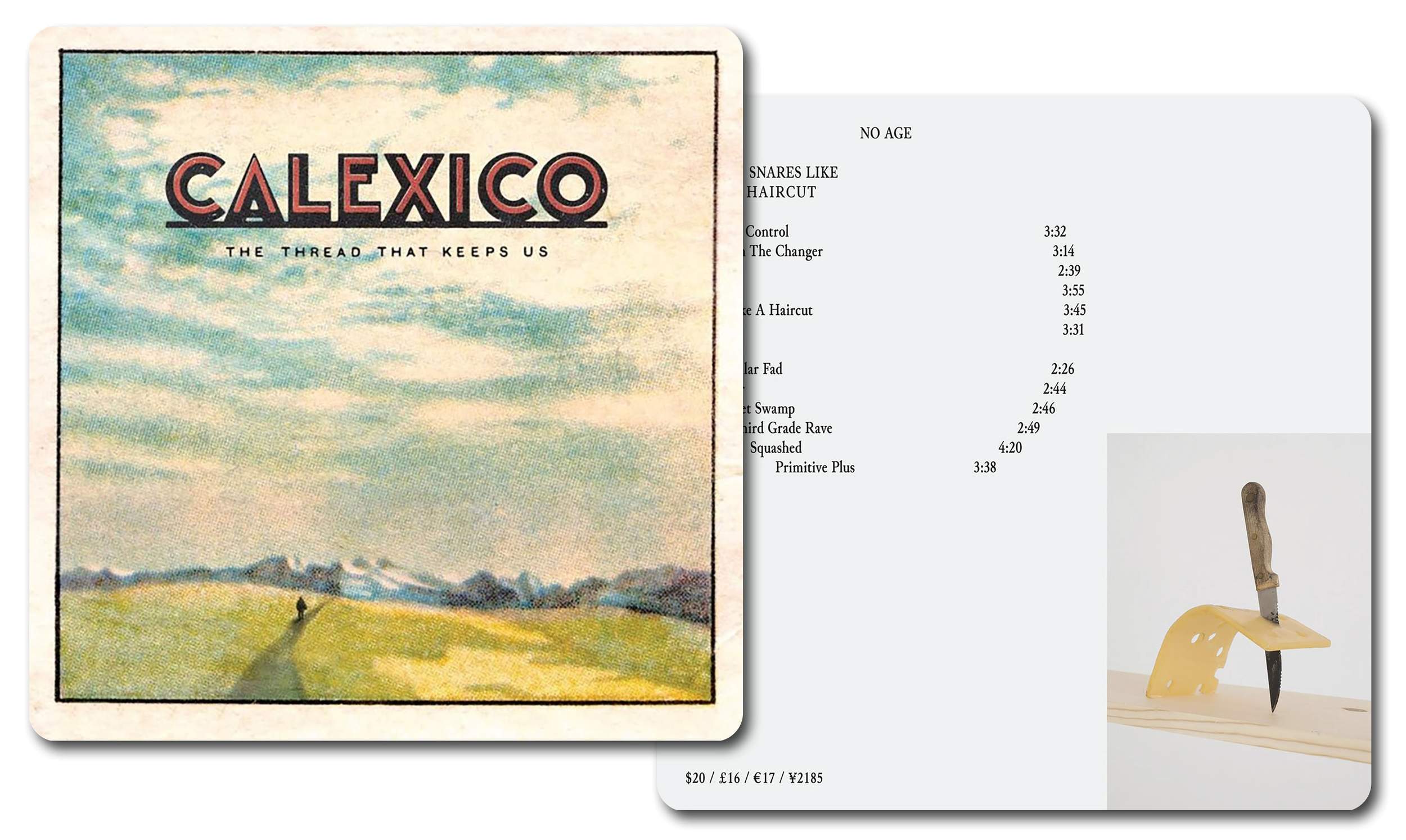In times of crisis and depression, such as the COVID-19 pandemic of this past year, sometimes it’s easier to focus on things from the past to cheer ourselves up or distract us from reality. Even revisiting famous incidents in history that might not be so happy can be somewhat distracting as there is at least an outcome to remind us that not everything lasts forever. Aaron Sorkin’s new feature, “The Trial of the Chicago 7,” takes us back to 1968 Illinois immediately following the Democratic National Convention. The film is Sorkin’s second film in the directing chair after the slightly underwhelming “Molly’s Game” (2017), and a return to the courthouse 28 years after penning Rob Reiner’s “A Few Good Men” (1992).
Based on real events in Chicago at the tail end of the 1968 summer season, seven white men and one black man are arrested and charged by the federal government with conspiracy to incite riots at the Democratic National Convention. The men are ‘yippie’ activists Abbie Hoffman (Sacha Baron Cohen) and Jerry Rubin (Jeremy Strong); student protesters Tom Hayden (Eddie Redmayne) and Rennie Davis (Alex Sharp); local anti-war activists Lee Weiner (Noah Robbins) and John Froines (Daniel Flaherty); radical pacifist family man David Dellinger (John Carroll Lynch); and Black Panther Party co-founder Bobby Seale (Yahya Abdul-Mahteen II). Initially, all eight men are grouped together for trial and referred to as The Chicago 8; however, Bobby Seale, the only black man, was eventually severed from the group – changing the moniker to The Chicago 7. The infamous trial would span a year with the seemingly incompetent District Judge Julius Hoffman (Frank Langella). The men are supported by progressive lawyer William Kunstler (Mark Rylance) and opposed by lawyer Richard Schultz (Joseph Gordon-Levitt).
On the surface, “The Trial of the Chicago 7” was for me a huge step forward from “Molly’s Game.” While the latter felt clearly like a screenwriter’s first time directing, this go-around Sorkin seems more comfortable in the position. As someone who has found his trademark, the snappy, ‘smart’ dialogue has been toggling along the lines of self-parody this past decade — particularly in “Molly’s Game” and Danny Boyle’s “Steve Jobs” (2015) — but here he reins it in a bit smoothly again. Some sequences and exchanges are surprisingly funny on top of witty, calling back to similar lines Sorkin crafted in David Fincher’s “The Social Network” (2010). I’ve always enjoyed Cohen in more dramatic roles outside of his comedy vehicles, and he doesn’t disappoint here. It’s also nice to see Gordon-Levitt on film again as the opposing lawyer who still believes in a fair trial. The biggest pleasant surprise might be from English actor Redmayne, whom I don’t think I’ve seen cast as an American before and he would have completely fooled me if I were new to him as an actor.
A setback I’ve seen claimed from recent feedback on “Chicago 7” is that the mood and setting are too polished and idyllic. Like with Philippa Lowthorpe’s “Misbehaviour” (2020) earlier this season, some think the historical context is too serious and important to make light of, especially with the current political climate since election season started. I enjoyed the tone and atmosphere Sorkin set up here for a mainstream docudrama, but for appropriate relevancy in both history and current events, I can see why it might come off a little too whimsical as well (especially the ending). It is also rather distracting at points how man-heavy the story is, with only two prominent female characters in the whole cast (played by Alice Kremelberg and Caitlin Fitzgerald).
That said, I think “The Trial of the Chicago 7” is still worth a viewing for anyone interested in seeing a rare new movie in 2020 that is both historically and currently relevant; with one seriously talented all-star cast and coined by a screenwriter and director who is no stranger to quality biopics.
Megan Bianco













